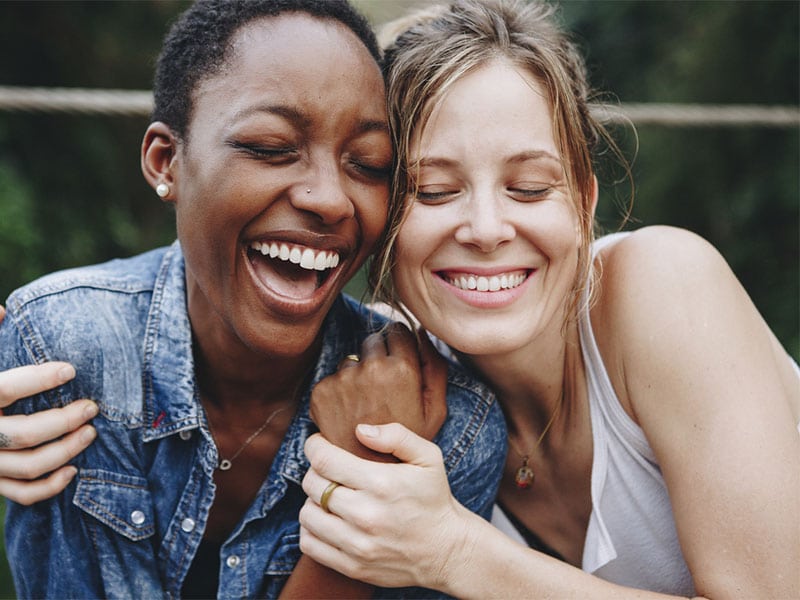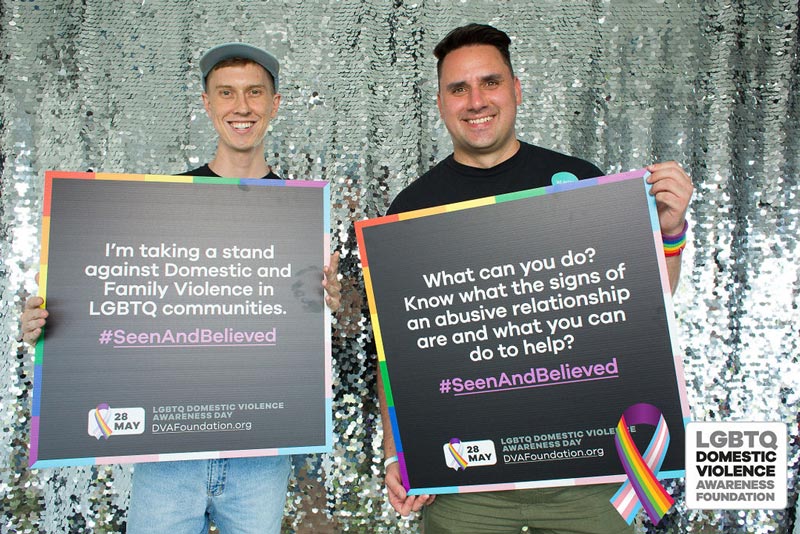Supporting LGBTQ victims and survivors of domestic violence and abuse through awareness, education and breaking down barriers to accessing help.
Get InvolvedMore than 60% of LGBTQ+ people have experienced domestic, family or intimate partner violence and abuse in their lifetime.
Sadly, despite the prevalence, LGBTQ+ people are less likely to identify domestic or family violence in their relationships, less likely to report it to the police or seek support from services, and are far less likely to find support services that meet their specific needs.
We are losing too many lives and too many others are suffering in silence.
With your support, we can ensure victims and survivors are seen, believed, supported and given hope, no matter what their sexuality or gender identity.
“As someone who has overcome LGBTQ DV, finding this page and resource has been incredible. I spent years not knowing if it was possible for abuse from another woman to be counted as domestic violence. So thank you and I will continue to speak loud, share these resources and support this amazing cause!!”
Domestic Violence Survivor
What We Do
We are working to ensure better outcomes for LGBTQ+ victims and survivors, and end domestic violence in LGBTQ+ communities through our awareness campaigns, education programs and reducing barriers to reporting abuse and accessing support.

Our Impact
Countries
(and growing) are involved in commemorating the LGBTQ Domestic Violence Awareness Day on 28 May.
Individuals & organisations
have pledged to help change the conversation around LGBTQ+ domestic and family violence because silence and lack of awareness play a large part in why the violence and abuse persist.
See, Hear, Believe eLearning Program Enrolments
equiping a generation of frontline workers with the knowledge, skills and training to identify and support LGBTQ+ victims and survivors.
Social media followers
who are helping to spread awareness, hope and support for victims and survivors.
“Acknowledging the importance of the role gender inequality in understanding intimate partner violence must not blind us to the fact that male perpetrator/female victim is not the only model of domestic violence. In fact, rates of violence in LGBTIQ+ communities are at least equal to rates in heterosexual relationships. Efforts and resources to end family violence must recognise this.”
Her Excellency Professor the Honourable Kate Warner AC, Former Governor of Tasmania
